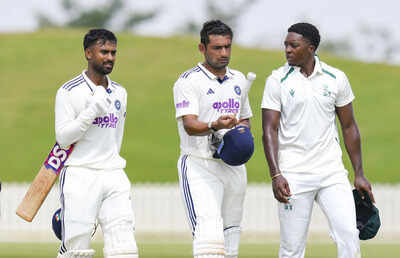Hyderabad: With screen exposure and modern lifestyles reshaping childhood behaviour, a Hyderabad study has found that boys are far more likely to exhibit symptoms of attention deficit/hyperactivity disorder (ADHD) than girls, calling for early and inclusive mental health screening in schools. The study, which examined more than 50 school-aged children, found that boys showed significantly higher levels of inattention, hyperactivity, and impulsivity. While these trends reflect global research showing boys are more frequently diagnosed with ADHD, experts caution that many girls may go unnoticed because their symptoms are often subtler. Psychologists in Hyderabad say they are seeing a steady rise in ADHD-like traits among children aged six to ten, with excessive screen time emerging as a major factor. “Children who use screens for more than two hours a day are about 7.7 times more likely to develop attention and behaviour-related issues,” said child psychiatrist Dr Siri Varshini. “It’s not just the content, but the lack of real-world interaction that affects focus and emotional control.” Teachers are also witnessing changes in classroom behaviour. “Many students struggle to sit through lessons or follow instructions,” said R Padma, a primary school teacher in Secunderabad. “Parents often think it’s just restlessness, but it could point to a deeper concern,” she said. Parents, too, are recognising the risks of excessive screen time. “We hand over devices to keep kids busy, not realising the impact on attention span,” said Suresh Kumar, father of an eight-year-old. “We saw changes in our son’s focus after long exposure,” he explained.Experts emphasise the importance of regular behavioural screening and parental awareness. “Early identification, structured routines, and supportive environments can make a big difference. ADHD is manageable — but only if recognised early and handled with empathy,” said psychologist T Abhay.






